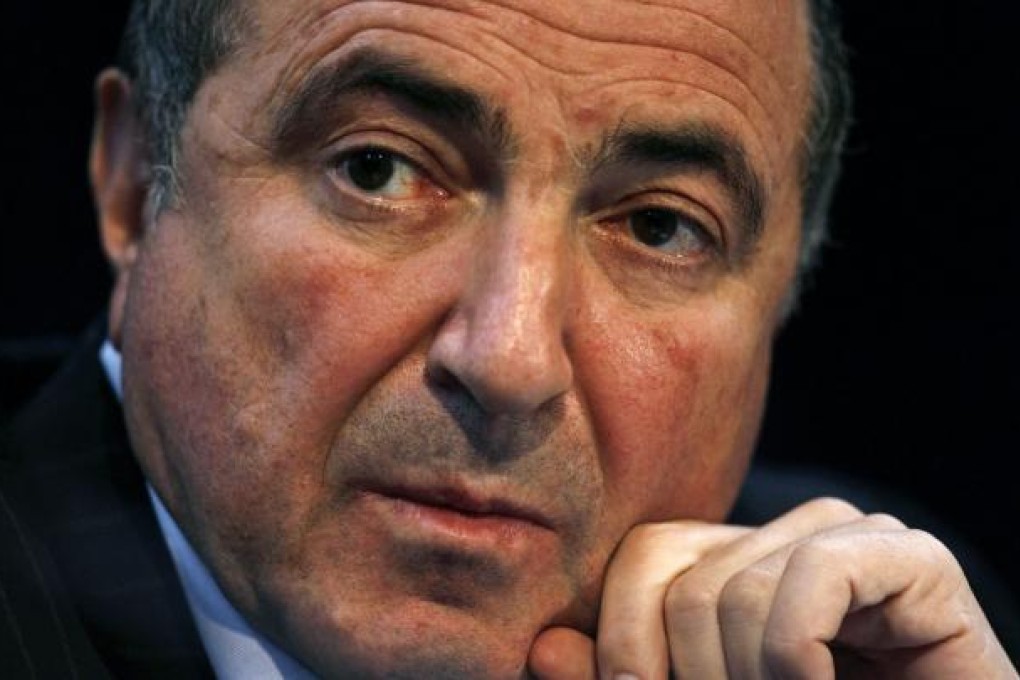Police probe 'unexplained' death of Russian oligarch Boris Berezovsky
Berezovsky, who has died aged 67, was a bold and cocky tycoon who gloated over the way he amassed his billions

In the wild world of Russian oligarchs, Boris Berezovsky, who has died aged 67, was among the wildest. He gloated over the semi-legal schemes that made him a billionaire in the 1990s and vowed to overthrow the Kremlin from exile in London.
Berezovsky, who fled to Britain in 2000 after a falling out with Russian leader Vladimir Putin, was found dead on Saturday at his home in Ascot, 40 kilometres west of London. Thames Valley police say his death was being treated as "unexplained" and there was no evidence of "third-party involvement".
He had survived one assassination attempt in 1995 in which a bomb decapitated his chauffeur, and openly expressed his fear that his life was in danger.
His friend and fellow Kremlin critic Alexander Litvinenko died from radioactive poisoning in London in 2006, in what Litvinenko's widow has said was an assassination by Russian agents.
Chemical and radiation experts searched his property but found no hazardous materials.
As speculation swirled over the cause of death, friends painted a picture of a man who had fallen on hard times.